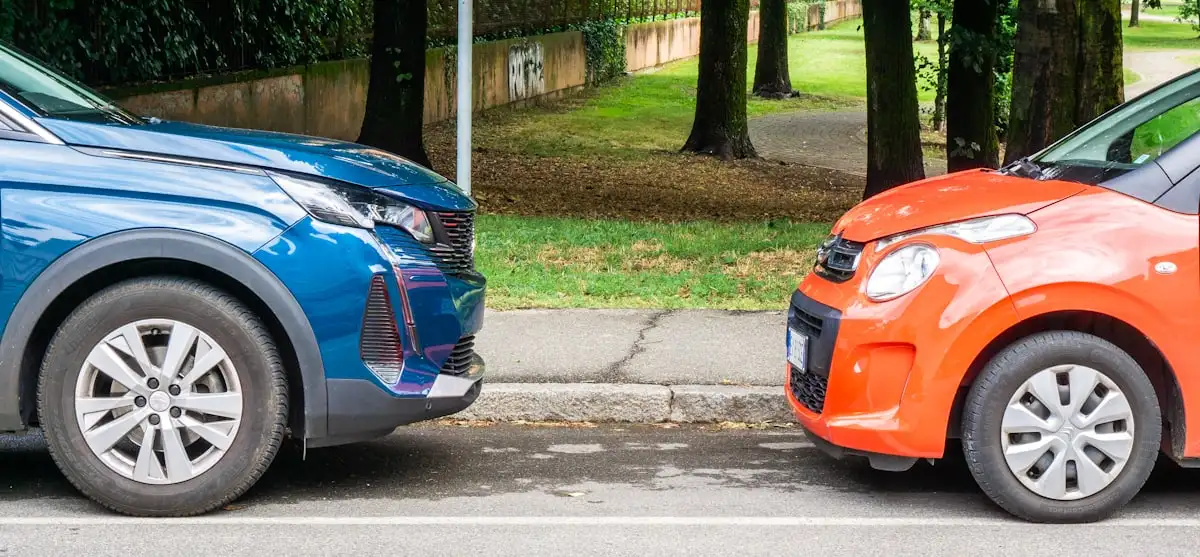Thinking about buying an electric car? They’re quiet and good for the environment. But there’s something new to consider when you think about your wallet. A recent study by Surex, a company that helps people find car insurance, found that insuring electric vehicles (EVs) costs a lot more than insuring gas cars. It’s almost 37% more expensive to get insurance for an electric car.
This means if you pay $100 to insure a gas car, you might pay around $137 to insure a similar electric car. Car insurance is like a money shield. It helps pay for repairs if you get into an accident or if your car gets stolen or damaged. So, knowing about these extra costs is important before you buy an EV.
Why Electric Vehicle Insurance Costs More Money
You might wonder why electric car insurance costs more. It’s not just one reason, but a few things add up. Insurance companies look at how much it might cost to fix or replace a car. They also think about how often cars get into accidents. For electric cars, some of these numbers are higher.
Higher Price Tag and Costly Parts
First, electric cars often cost more to buy than gas cars. If a car costs more, it costs more to replace it if it’s completely wrecked. Also, the parts for electric cars can be very special and expensive. The battery, which is a huge part of an EV, is one of the most costly things to replace if it gets damaged. Imagine replacing a very big, super advanced battery pack – it’s not cheap!
- Electric cars generally cost more to buy.
- Replacement parts, like batteries, are expensive.
- Special parts mean higher repair bills.
Special Repair Needs and Technology
Electric cars also have lots of new and fancy technology. They have complex computer systems and special motors. Fixing these parts needs mechanics with special training. Not every car shop knows how to fix an electric car. This can mean fewer places to get repairs done, which can make the repairs take longer and cost more money. Also, these high-tech systems themselves are pricey to fix or replace if they get damaged in a crash.
Because EVs are newer, insurance companies don’t have as much information about them compared to gas cars. They are still learning how often EVs crash and how much repairs truly cost over time. This can sometimes make them charge a bit more because there’s less history to look at.
For more basic information on how car insurance works, you can visit Wikipedia’s page on vehicle insurance.
Comparing Electric Car Insurance Costs
The Surex study looked at many different cars and drivers across Canada. They found that, on average, electric cars cost 37% more to insure. This is a big difference. It means drivers who choose an EV could be paying hundreds of extra dollars each year for their car insurance premium.
Let’s look at a simple example:
| Car Type | Example Yearly Insurance Cost |
|---|---|
| Gas Car | $1,000 |
| Electric Car | $1,370 (37% more) |
This higher cost might surprise some people who are excited about getting an electric vehicle. It’s an important part of the total cost of owning an EV that people need to think about.
What Electric Vehicle Owners Can Do About Higher Premiums
Even though electric vehicle insurance costs more right now, there are still ways to try and save money. If you own an EV or are thinking about buying one, here are some ideas:
Shop Around for the Best Insurance Deal
Don’t just pick the first insurance company you see. It’s a good idea to talk to a few different insurance companies. They might offer different prices for the same coverage. Some companies might even have special discounts for electric cars. Always ask if they have any deals for EV drivers.
Look for Discounts and Safety Features
Many insurance companies offer discounts for different things. For example, if your EV has advanced safety features like automatic emergency braking or lane-keeping assist, you might get a discount. Being a safe driver with no accidents also helps keep your costs down. You can also sometimes get discounts for:
- Bundling your home and car insurance together.
- Having a good driving record.
- Taking a defensive driving course.
Adjust Your Coverage Wisely
You can also think about how much coverage you really need. For example, choosing a higher “deductible” can lower your monthly payments. A deductible is the amount of money you have to pay yourself before your insurance starts paying. Just make sure you can afford that amount if you ever need to make a claim.
Knowing these facts helps you make smart choices when buying a new car. Electric cars are the future for many people, but understanding all the costs, like electric vehicle safety and insurance, is key to being a happy car owner.

